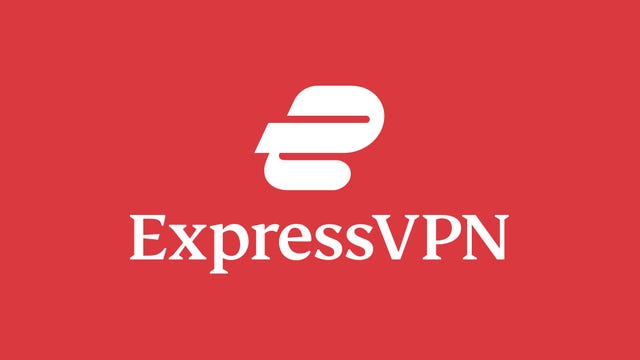Prime Day Deals
Testing a VPN’s speed is a time-sensitive, albeit imperfect, process that can include a variety of factors. Here at CNET, we’ve invented a speed testing methodology that strives to replicate the conditions a typical user is likely to experience. We put this procedure to work, researching and testing the fastest VPN services to figure out the most practical value to VPN consumers like you.
We believe a VPN’s security is of paramount importance, but we’re also aware that many VPN users may prioritize speed over security — if, for instance, their primary use case is streaming or gaming. That’s why we’ve also started taking into account speeds through lightweight VPN protocols like WireGuard and VPN providers’ own proprietary protocols. Though WireGuard and other protocols, like ExpressVPN’s Lightway and NordVPN’s NordLynx, are by all indications highly secure, their security isn’t as battle-tested in the wild as OpenVPN.
On the flip side, these relatively newer protocols are typically faster than OpenVPN — often by a considerable margin. We still recommend using OpenVPN for the best balance of speed and security (and for anyone with critical privacy needs), but we tested their fastest protocols in order to measure them by their full potential for speed.
These are the fastest VPNs in 2023
Pros & Cons
NordVPN’s speeds have been improving over the past few years. In our 2020 speed tests we calculated a 53% speed loss, and in the summer of 2022 a 13% speed loss. In our most recent testing in February and March of 2023, the speed loss dropped to just 10% on average. The fastest round of testing yielded a mere 7% speed loss through its proprietary WireGuard-based NordLynx VPN protocol from our testing location in Ohio. This steady improvement in speeds has helped NordVPN leapfrog ExpressVPN and take the reins as the fastest VPN.

Product details
Do I need a VPN?
You need a VPN if you want to maintain your privacy online and hide your internet activity from your ISP, government entities and other snoops. If you want to evade online censorship or unblock geographically restricted content, you need a VPN. VPNs can also be beneficial for gaming, torrenting, finding deals online and speeding up your internet connection if your ISP is deliberately throttling your speeds. Anyone who uses the internet can benefit from a VPN in one way or another.
What’s the best free VPN?
If you need to use a free VPN, we recommend using Proton VPN’s free version. It’s the only free VPN worth using, because it’s secure, comparatively fast and doesn’t impose usage or data caps. Otherwise, we don’t recommend using most free VPNs because the majority of them are essentially useless, if not downright dangerous. Free VPNs typically impose data and usage limits, employ weaker encryption and offer fewer server locations than their paid counterparts. Free VPNs also need to make money somehow, so you can expect them to be selling your data to third-party advertisers. Some have even been known to contain malware.
